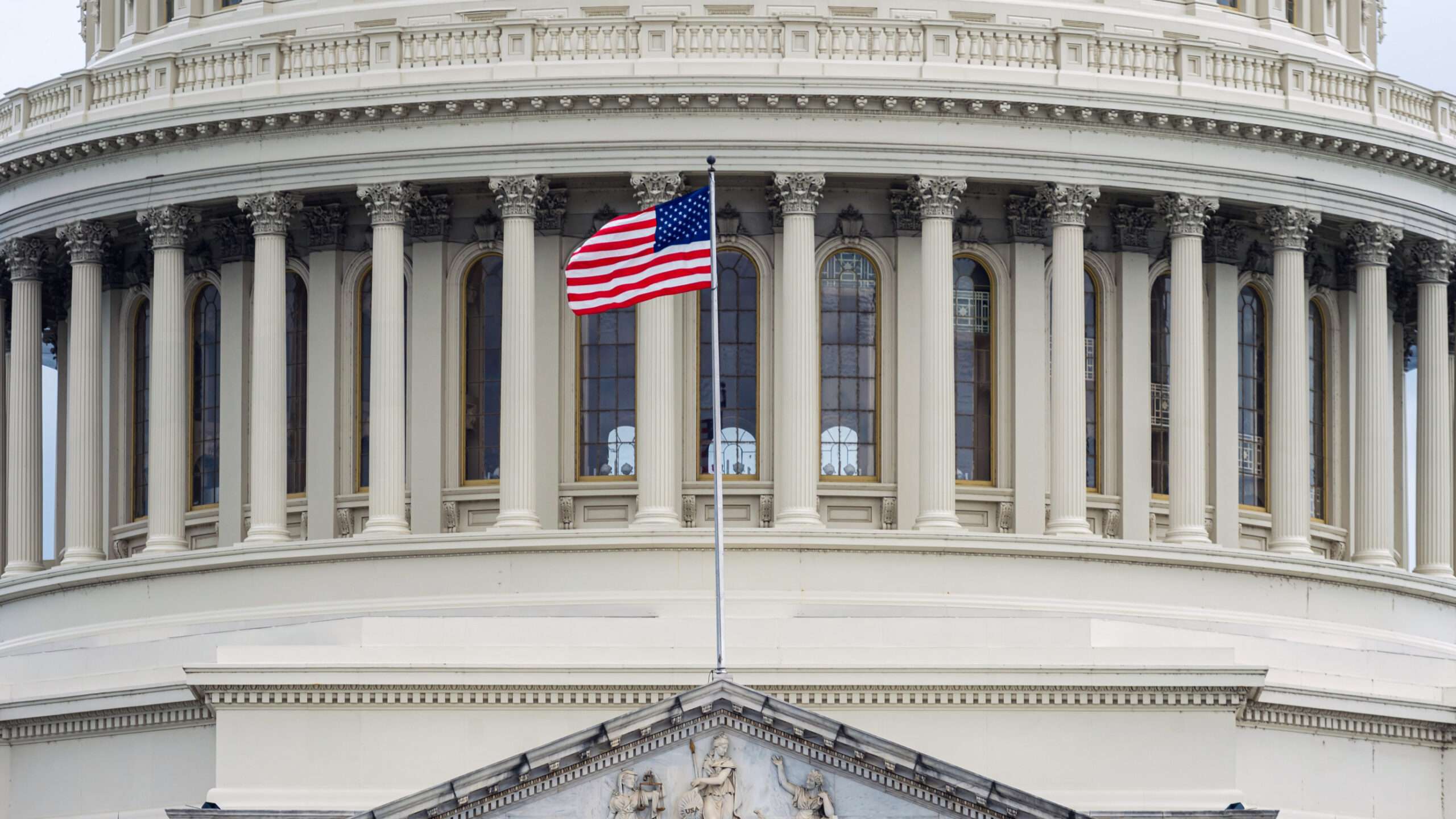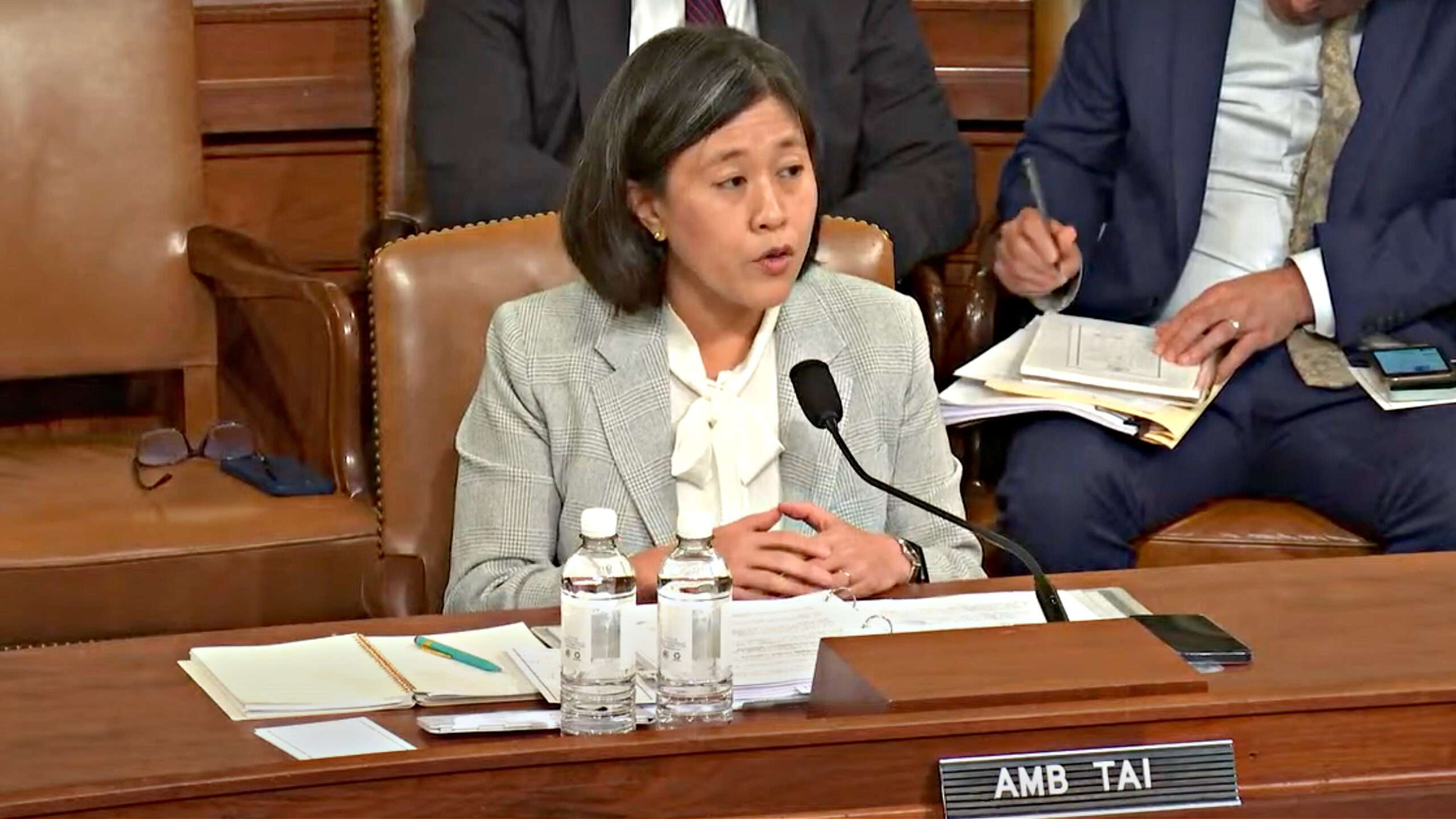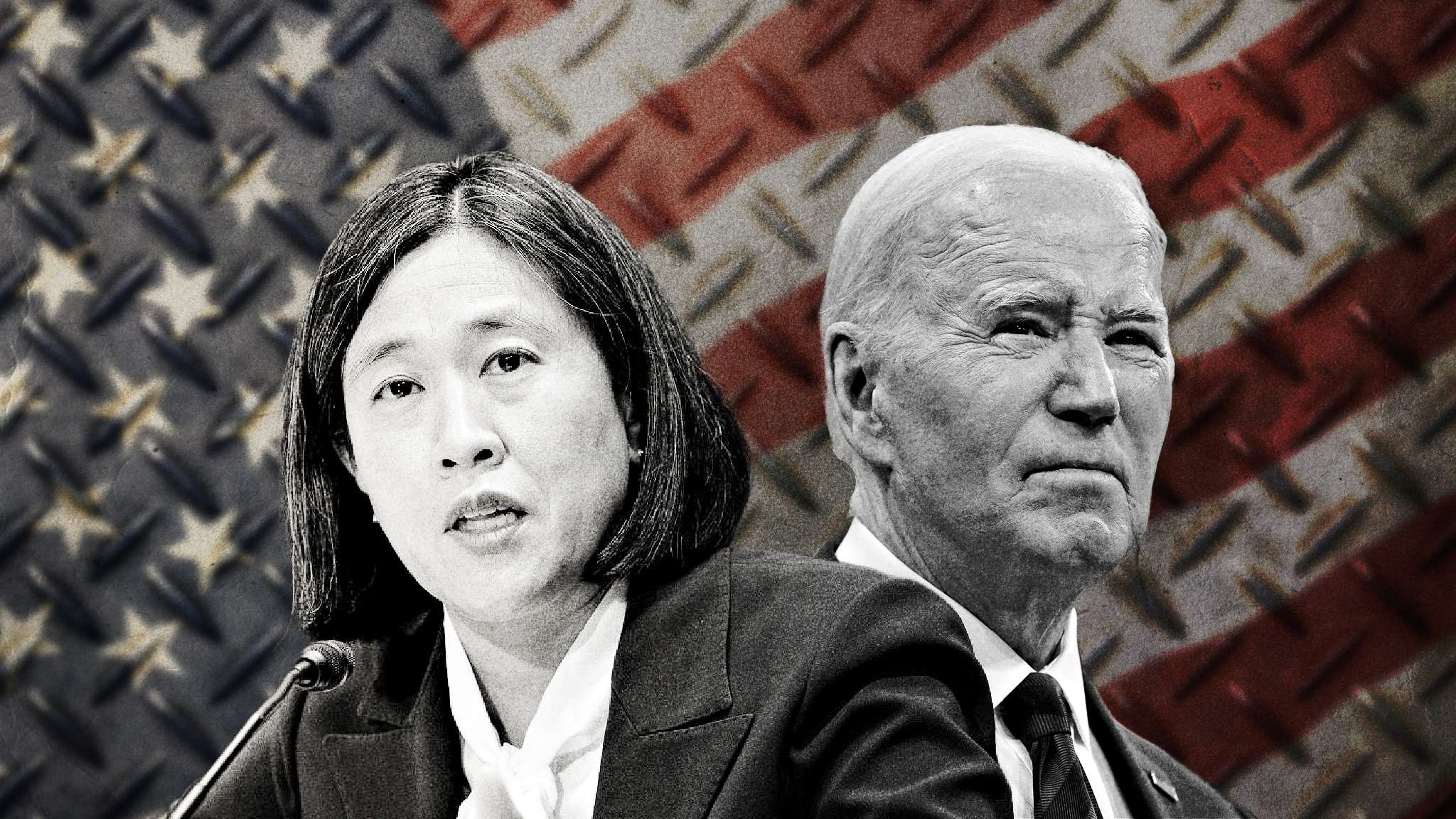Editors note: It is important to prevent Chinese companies from funding their growth and ambitions through the US equities markets.
Two senior members of the Senate Foreign Relations Committee are calling on administrators of the federal government’s main retirement savings fund to reverse a decision that they say would shift billions in investments into Chinese companies supporting that nation’s military and espionage efforts.
[Laura Litven | August 26, 2019 | Bloomberg]
Senators Marco Rubio, a Florida Republican, and Jeanne Shaheen, a New Hampshire Democrat, sent a letter Monday to Federal Retirement Thrift Investment Board Chairman Michael Kennedy criticizing the board’s November 2017 decision to shift its International Stock Fund investment option to mirror an index that includes some controversial Chinese companies.
“This change, which is expected to be implemented next year, will expose nearly $50 billion in retirement assets of federal government employees, including members of the U.S. Armed Forces, to severe and undisclosed material risks” associated with those companies, the two senators wrote.
The two sent copies of their letter to a number of top Trump administration officials, including Secretary of State Mike Pompeo, Treasury Secretary Steven Mnuchin, and Secretary of Defense Mark Esper.
“We’ve received it and we’re reviewing it,” said Kim Weaver, a spokeswoman for the agency, adding that they will respond in a “timely manner.”
The letter, which was reported Monday by the Financial Times, illustrates the increasing support in the U.S. for keeping up pressure on China over its trade and human rights policies. President Donald Trump has made China the central focus of his trade policy.
The board is an independent agency that administers a retirement savings plan similar to a 401(k) for federal civilian employees and military personnel. It decided last year to shift part of its portfolio to mirror the MSCI All Country World Index ex-US Investable Market Index.
In their letter, the senators said the decision could allow investment in companies that include AviChina Industry and Technology Ltd., the listing companies for the Aviation Industry Corporation of China and its subsidiaries that develop aircraft and weapons systems for China’s military. The index or its subindexes also have invested in China Mobile Ltd, a Chinese state-owned entity that the Federal Communications Commission voted in May to block from entering the U.S. market due to national security considerations.
The two raised other issues, including the risk of fraud by companies listed on Chinese exchanges, which aren’t subject to the same disclosure standards as U.S. firms.
The two senators are asking Kennedy to answer a series of questions by Sept. 6, including a request for detail about how the board reached its decision to make the change.
The board “made a short-sighted — and foolish —- decision to effectively fund the Chinese government and Communist Party’s efforts to undermine U.S. economic and national security with the retirement savings of members of the U.S. Armed Services and other federal employees,” Rubio said in a statement provided to Bloomberg News.
He added: “Many Chinese companies included in MSCI indexes are not just involved in China’s military, espionage, and human rights abuses, they are also state-owned or state-directed enterprises used as tools by the Communist Party to undermine American companies and workers.”
Read the original article here.













